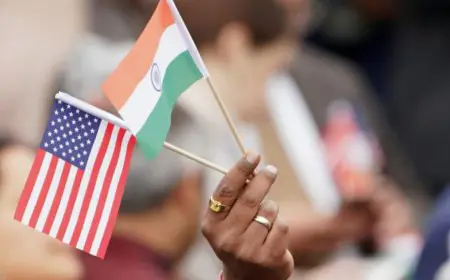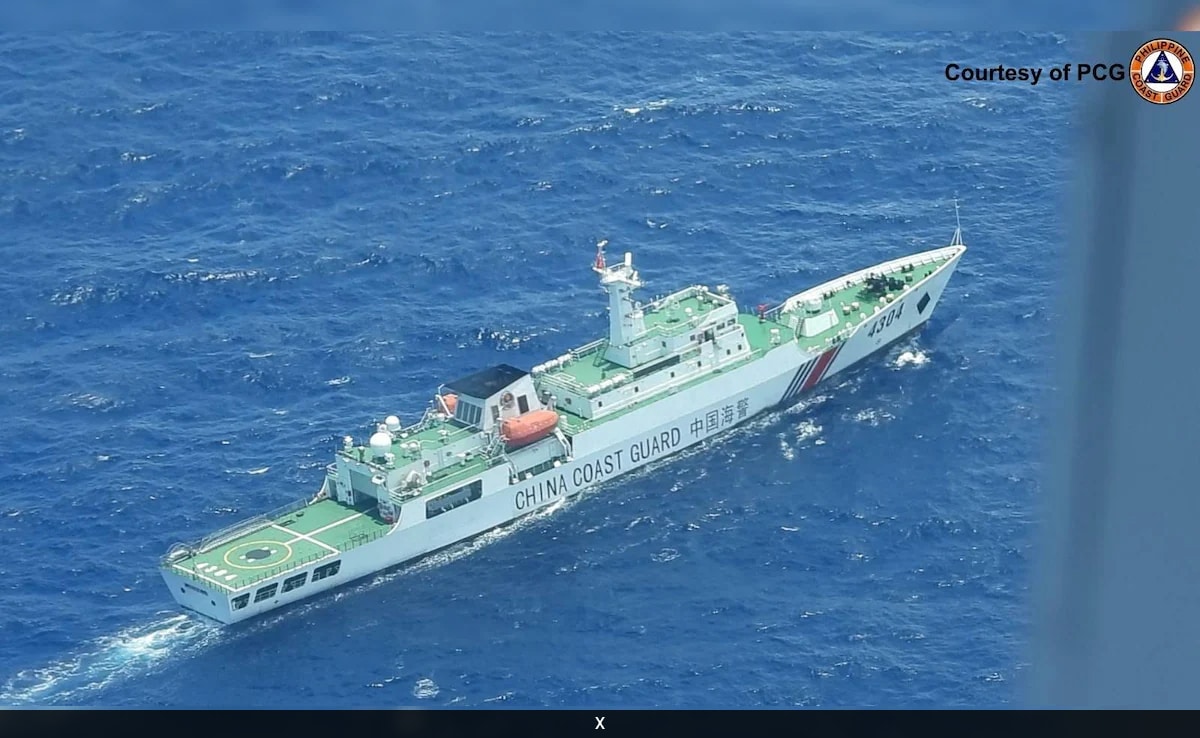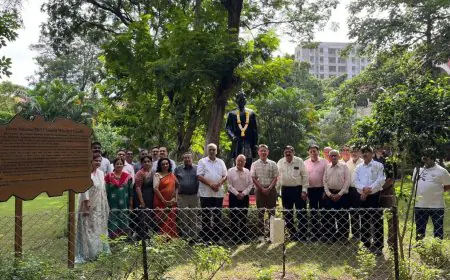Over 100 Indians Deported From US: How 'Donkey Route' Business Works
A US military aircraft carrying over 100 Indian migrants landed in Amritsar on Wednesday, marking the first mass deportation under President Donald Trump.

A US military aircraft carrying over 100 Indian migrants landed in Amritsar on Wednesday, marking the first mass deportation under President Donald Trump. These deportees, having risked everything for a better future, were sent back to India after attempting to enter the US through illegal channels. Shackled and restrained throughout the journey, they returned home empty-handed, ending their American dream.
The deportees, including 19 women and 13 minors, came from Haryana, Gujarat, Punjab, Maharashtra, Uttar Pradesh, and Chandigarh. Most of them attempted the dangerous "donkey route," an illegal migration path, controlled by human traffickers, spanning multiple countries and posing extreme risks.
What is the "donkey route"?
The "donkey route" is a term used to describe the dangerous journey migrants take to reach the US or European countries in search of jobs and better living. Named after a Punjabi idiom referring to an arduous, unplanned journey, it involves crossing multiple international borders, often through treacherous terrain, under false promises of legal entry. Agents mislead migrants, charging them hefty sums while exposing them to life-threatening situations.
How does it work?
Illegal migrants use "donkey flights" to enter Britain through other European countries, UK's The Times said.
- They pay agents for visas to fly into Schengen countries like Germany, Belgium, or France, where border checks are minimal.
- Local handlers then help them reach the UK, which has stricter visa rules.
- Some get fake documents, while others are smuggled in lorries, buses, or cars.
How Indians migrated through 'donkey routes'
Jaspal Singh, a 36-year-old from Gurdaspur, Punjab, paid Rs 30 lakh to an agent promising him a legal route to the US. But instead of an air travel arrangement, Mr Singh was forced to traverse through South American jungles, trekking across mountains, facing life-threatening situations.
After spending six months in Brazil, he was apprehended by US Border Patrol in January and held for 11 days before being deported.
Harwinder Singh, another migrant from Hoshiarpur, Punjab, recounted his traumatic journey, which included walking through jungles, crossing mountains, and nearly drowning in the sea.
Having paid Rs 42 lakh to an agent, he set off on a path that led him through Qatar, Brazil, Peru, Colombia, Panama, Nicaragua, and Mexico, with the hope of reaching the US.
In Brazil, he was promised a flight to Peru, but there was no such flight. Instead, taxis took him deeper into Colombia, and then to the outskirts of Panama. From there, he was promised a ship to continue the journey, but it never arrived. This led to a two-day walk through mountains, which he called the "donkey route."
After this, they boarded a small boat headed to Mexico. During the four-hour sea journey, their boat capsised, killing one migrant. Another migrant died in the Panama jungle. They survived on small portions of rice throughout their journey.
"We crossed 17-18 hills. If one person slipped, there was no chance of survival. We saw dead bodies along the way," Mr Harwinder Singh said. His journey ended when he was arrested in Mexico, just shy of the US border.
Sukhpal Singh from Darapur village described a similarly brutal ordeal - spending 15 hours at sea and trekking 45 km through treacherous hills. "If anyone got injured, they were left to die. We saw many bodies on the way," he said. Singh was apprehended in Mexico just before reaching the US.
The "donkey route" trafficking operation has spread across Punjab and other parts of India, with agents offering false assurances and taking hefty sums from vulnerable individuals "They promise you a visa, but then you find yourself trapped in dangerous situations, crossing borders illegally with no way out," said Harwinder Singh, recalling his own experience.
The price of this illegal migration is not just financial, it takes an emotional toll as well. Families have sold their land, borrowed money at high interest rates, and mortgaged homes in hopes of securing a better future.
What's Your Reaction?











































